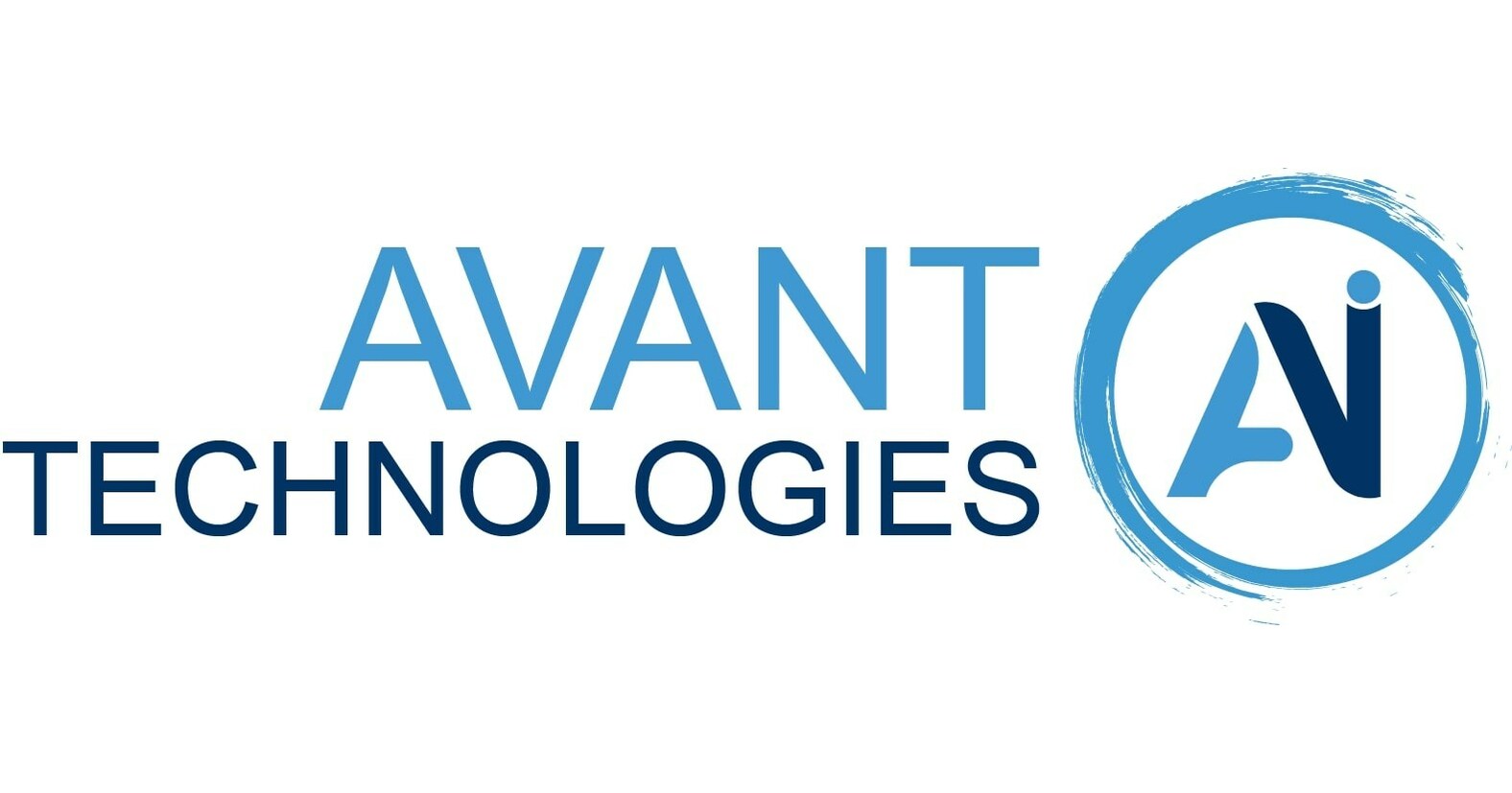
Syntis Bio Launches with $15.5M to Tackle Obesity and Rare Metabolic Diseases
Syntis Bio Launches with $15.5M to Tackle Obesity and Rare Metabolic Diseases
Syntis Bio, Inc. (Syntis) has announced its launch as a clinical-stage biopharmaceutical company dedicated to developing oral therapies that offer more accessible, effective, and sustainable solutions across the healthcare spectrum. From rare genetic disorders to the world’s most prevalent conditions, Syntis aims to leverage the small intestine's unique biology to advance treatments for metabolic diseases, including obesity and rare pediatric conditions like homocystinuria (HCU) and maple syrup urine disease (MSUD).

Co-founded by industry veteran Rahul Dhanda and MIT visionaries Robert Langer and Giovanni Traverso, Syntis is propelling its lead obesity program, SYNT-101, through human trials and advancing a pipeline of rare disease assets into Investigational New Drug (IND)-enabling studies. In 2023, the company secured a seed round of $15.5 million from top life sciences and strategic investors, including Safar Partners, BOLD Capital Partners, Touchdown Ventures, Colorcon Ventures, and Portal Innovations.
“Obesity is a global epidemic projected to affect 1.5 billion people by 2030. While GLP-1 drugs have delivered new hope and unprecedented efficacy, there is significant demand for additional treatment options given ongoing issues with accessibility, cost, side effects and long-term maintenance,” said Mr. Dhanda, who serves as Chief Executive Officer of Syntis. “We are excited by the encouraging results seen so far in human trials for our SYNT-101 program, which may offer an alternative or complementary obesity therapy in a convenient, accessible once-daily pill. By unlocking the small intestine’s therapeutic value, we are pioneering more effective treatments across a vast spectrum of conditions—from widespread issues affecting millions, like obesity and diabetes, to rare conditions such as HCU and MSUD, where thousands suffer and options are scarce.”
Syntis' lead program, SYNT-101, is a once-daily pill designed to mimic the effects of gastric bypass surgery by temporarily blocking nutrient absorption in the duodenum, the upper part of the small intestine. This mechanism, known as duodenal nutrient exclusion, diverts nutrients to the lower small intestine, where absorption is more controlled and stimulates a full cascade of satiety hormones such as GLP-1 and PYY. SYNT-101 is currently undergoing human trials to establish preliminary safety, tolerability, and blocking efficacy, with a full data readout expected by the end of 2024. Syntis plans to use this data to support its IND application with the FDA in 2025.
“While weight loss surgery remains the gold standard for obesity and diabetes management, SYNT-101 represents a pioneering non-invasive, non-surgical way to replicate this mechanism of action in a simple pill,” said Dr. Traverso, who is also an Associate Professor of Mechanical Engineering at MIT and an Associate Professor of Gastroenterology at Brigham and Women’s Hospital, Harvard Medical School. “SYNT-101 has potential to achieve significant, sustainable weight loss with a more favorable cost and tolerability profile than existing injectable GLP-1 therapies, which would meaningfully address current market gaps and unmet patient needs in obesity care.”
SYNT-101 is powered by SYNT™ (SYNthetic Tissue-lining), an oral therapeutic technology developed by Drs. Langer and Traverso that uses mussel-inspired polymer chemistry to deliver a safe, temporary polydopamine coating to catalase-rich tissues like the duodenum. This lining is sustained for up to 24 hours before being naturally and safely cleared from the body. SYNT technology can achieve a variety of therapeutic effects, including nutrient exclusion, enhanced oral bioavailability of drugs, and targeted treatment of new tissues throughout the body.
As a versatile technology platform, SYNT offers multiple therapeutic applications. Beyond nutrient exclusion, it can be adapted to deliver and maintain enzymes specifically in the small intestine, improve the absorption of orally administered drugs, and target various tissues within the body. Extensive preclinical studies involving over 100 pigs, conducted by MIT and Syntis, have shown that SYNT can block glucose by 70%, enhance enzyme activity by 20 times, and increase the oral bioavailability of drugs by 4 to 10 times.
"What began as research to enhance the bioavailability of oral pediatric therapies quickly shifted to a vastly larger scale as we recognized that SYNT’s elegantly simple chemistry could help solve many global health challenges," said Dr. Langer, who is also the David H. Koch Institute Professor at MIT. "The small intestine is the key to treating a broad spectrum of disorders and, by targeting this region, SYNT not only functions therapeutically on its own, but it also improves systemic drug bioavailability and local activity of biologic therapies, including enzymes.”
In April 2024, Syntis expanded its pipeline by acquiring a portfolio of engineered enzymes from Codexis, Inc., focusing on developing first-in-class, orally administered treatments for HCU (SYNT-202) and MSUD (SYNT-203). Both conditions currently lack approved disease-modifying therapies. SYNT-202 and SYNT-203 have completed non-human primate studies, and Syntis anticipates filing an IND application for one of these drug candidates in 2025.
“Since announcing our strategic shift last year, the team at Codexis has been diligently working to find the right partners to continue advancing our biotherapeutics compounds. We are delighted to partner with Syntis for further development of two potential first-in-class treatments for homocystinuria and maple syrup urine disease,” said Stephen Dilly, MBBS, Ph.D., Chief Executive Officer of Codexis. “We look forward to seeing what the combination of SYNT technology and the Syntis team can deliver for these rare disease patients.”
Syntis is also developing next-generation formulations of SYNT-202 and SYNT-203 to improve therapeutic activity and residence time alongside discovery-stage projects targeting pancreatic insufficiency and peptic ulcers. The Syntis board of directors includes Mr. Dhanda, Drs. Langer and Traverso, and corporate strategists Teymour Boutros-Ghali and Martin Madaus.



.svg)










-min.png)
.gif)